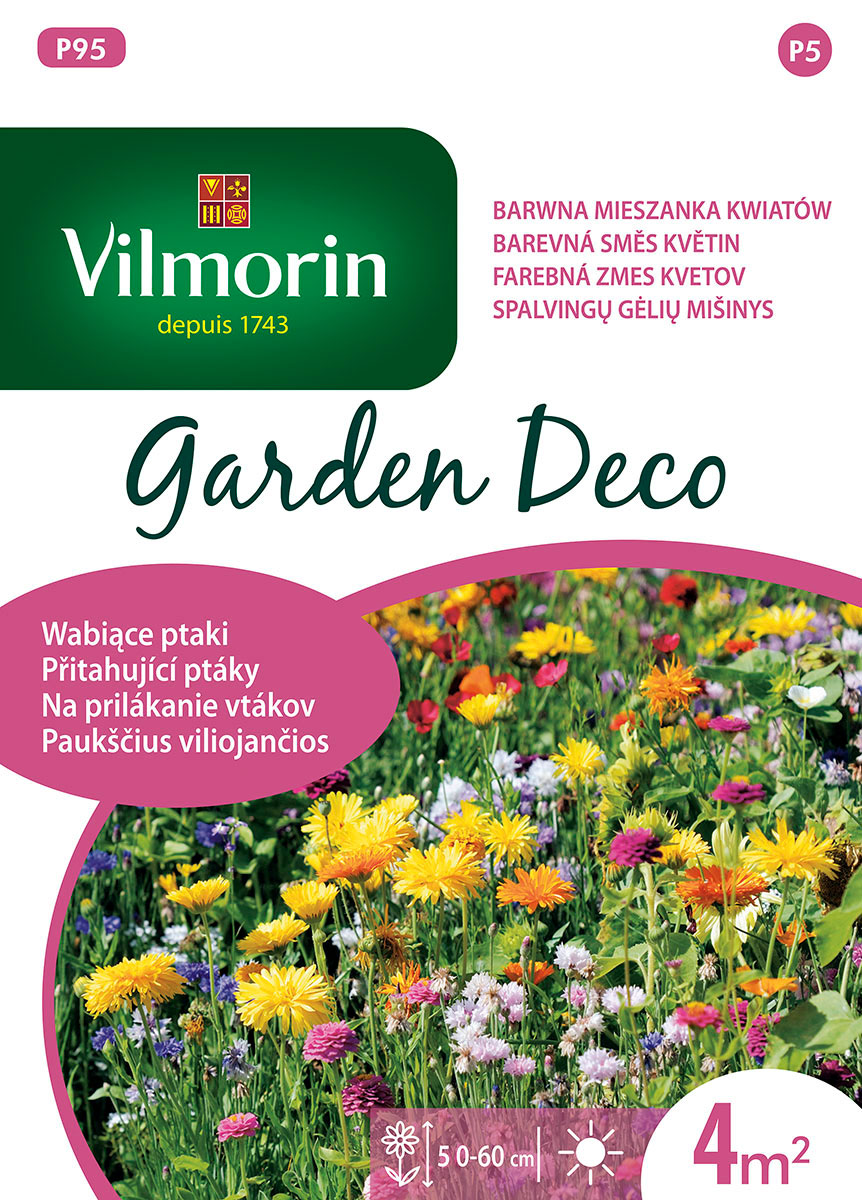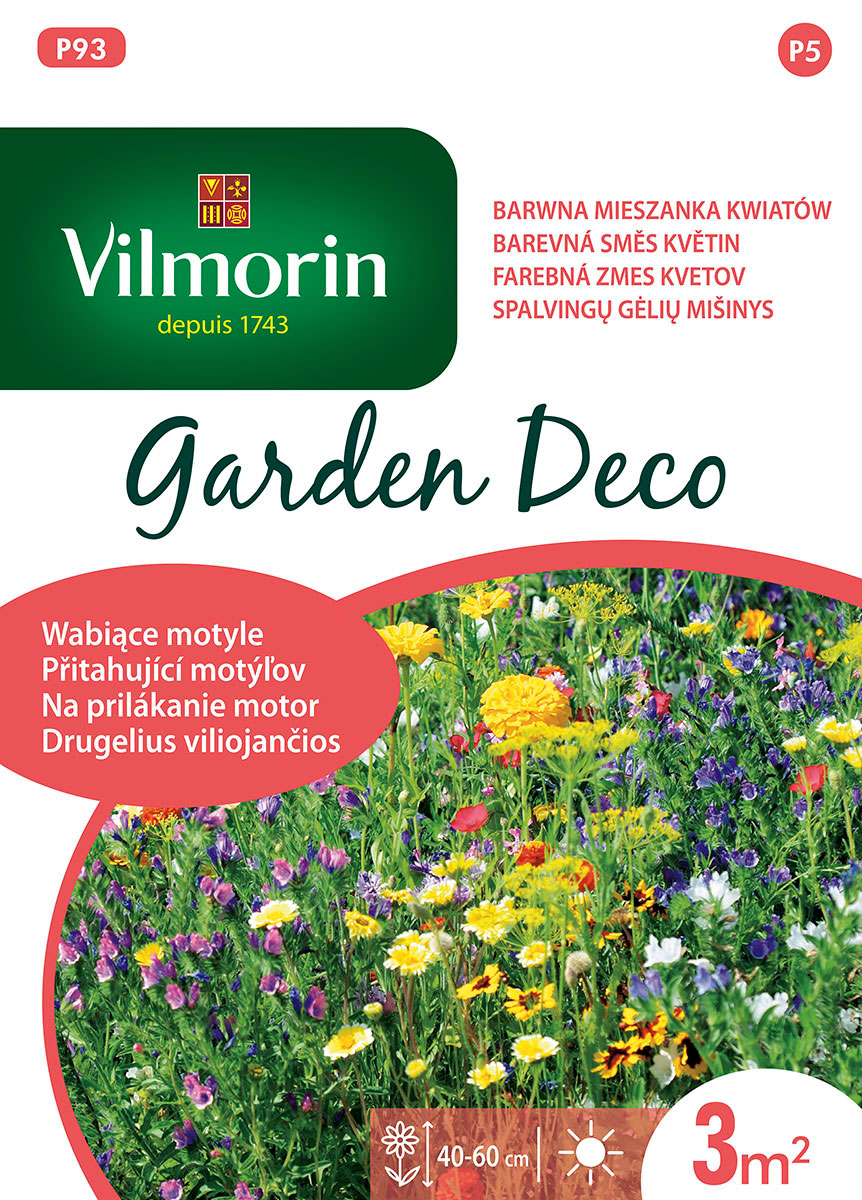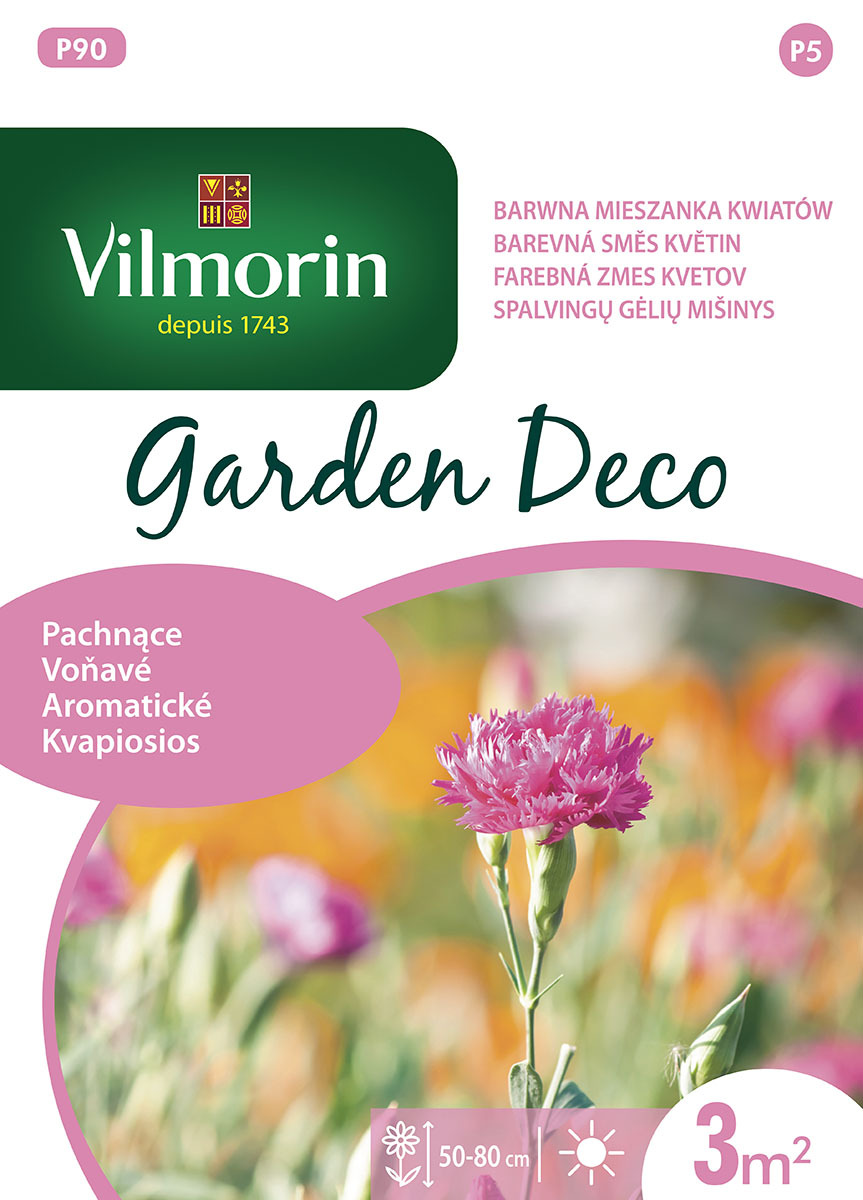Passionate's zone:
Biodiverse Garden
What is biodiversity?
Biodiversity, or biological diversity, is divided into three aspects: genetic diversity, species diversity, and ecosystem diversity. Ecosystem diversity refers to the variety of ecosystems and habitats on Earth, such as forests, meadows, rivers, seas, and mountains, along with their interactions and dependencies.
Biodiversity is crucial for the health of ecosystems, which in turn impacts the resources that humans rely on, including food, water, and other ecological benefits. The loss of biodiversity caused by human activities such as deforestation, pollution, climate change, and urbanization can lead to weakened ecosystems and negative consequences for life on Earth. Therefore, proper protection of biodiversity is essential to ensure a healthy natural environment for future generations.
What is a biodiverse garden?
A biodiverse garden is one that promotes biological diversity and creates conditions for the development of various species of plants, animals, fungi, and microorganisms.
What can we do to create such garden?
- Choosing native plants – Planting native species that are well adapted to local climatic and soil conditions. Such plants often attract pollinators, such as bees and butterflies.
- Plant diversity – Using various plant species, including flowers, shrubs, and trees, which promotes ecosystem diversity.
- Unconventional plantings – Introducing elements such as wildflower meadows, rock gardens, or water zones, which can attract diverse organisms.
- Preserving natural habitats – Leaving some areas in a natural state, such as uncut grass or shrubs, which provide shelter for wildlife.
- Limiting pesticides and chemical fertilizers – A biodiverse garden should focus on natural methods of plant protection and fertilization, which positively impact local ecosystems.
- Collecting rainwater – Creating rainwater harvesting systems that can be used for watering the garden, which is beneficial for the environment.
- Creating nesting sites – Installing nesting boxes for birds and other shelters for insects, such as homes for solitary bees.
A biodiverse garden not only supports local ecosystems but can also become an educational place or a space of rest for people, where nature can be observed.
In our offer, you will find ready-made mixtures that will help create a biodiverse garden.





